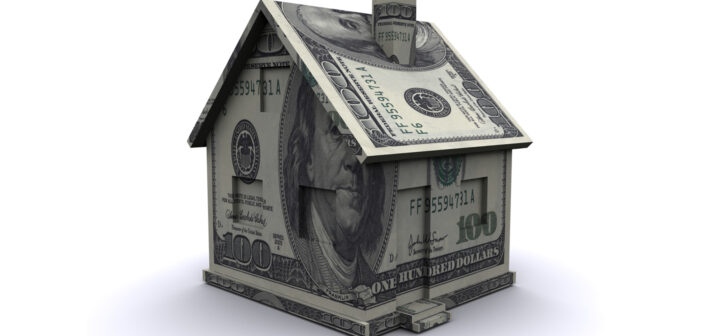The Centers for Disease Control & Prevention (CDC) recently announced an extension to the eviction moratorium purportedly to slow the spread of COVID-19. This moratorium cannot be justified on economic grounds and is likely to harm the housing market.
A caricature of landlords is one of a heartless, Ebenezer Scrooge-type who collects exorbitant rent on small, rundown properties while failing to perform basic maintenance and being ready to evict a tenant at the drop of a hat. Reality is much different than this. Most rental properties in the United States are independently owned by middle-class households. The average landlord owns three properties. Many of these landlords own rental property to supplement income from other sources. The eviction moratorium places a heavy burden on these individuals.
Landlords borrow money to purchase rental properties just as a homeowner takes out a mortgage to purchase a house. The landlord uses the rent he/she earns on the property to make the loan and property tax payments, and to perform repairs and basic maintenance. These costs do not disappear during the eviction moratorium. Thus, there are many middle-class landlords who are facing these costs without having collected rent in 18 months. This situation is unsustainable and will likely lead to many landlords exiting the rental market, especially when surging home prices make selling the property an attractive alternative. This will serve to exacerbate the shortages of rental properties and increase rents when the moratorium is finally lifted or declared unconstitutional by the Supreme Court.
There would be an argument to be made for an eviction moratorium if no public assistance was being offered during the pandemic. We would not want people evicted and tossed onto the street or into a shelter if they cannot earn income due to shutdowns and stay-at-home orders. However, the opposite has been the case, as unprecedented levels of public assistance has been offered.
Three rounds of COVID-relief have been enacted, totaling $5 trillion, which is equivalent to approximately 20% of U.S. Gross Domestic Product. This exceeds the amount of money that the United States spent fighting World War II. Real personal disposable income, which is income households have available to spend (adjusted for inflation), hit record high levels each time one of these relief bills was signed into law. Even in the time between these bills, real personal disposable income never dipped below its pre-COVID level. These relief bills provided a total of $3,200 in checks to most Americans, enhanced unemployment benefits that are currently equivalent to earning $17/hr working full-time, an expansion of the child tax credit, and other benefits. Tenants have income available to make rent payments.
A COVID-19 vaccine is available to anyone who wants one. There is a record number of job openings and COVID relief such as the enhanced unemployment benefits continue to be paid. Thus, there is no reason to continue the eviction moratorium. People will likely believe that if it is extended at this stage of the pandemic, then it will never be removed. ?














